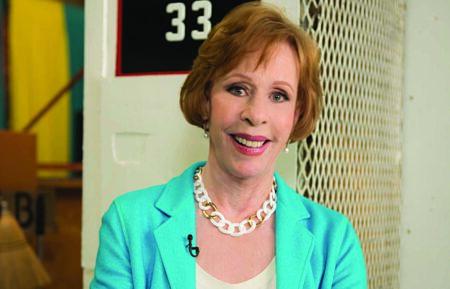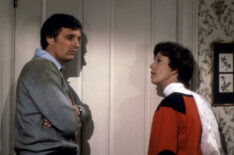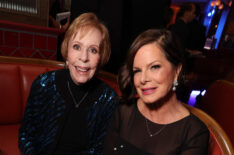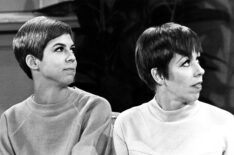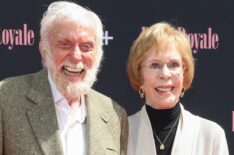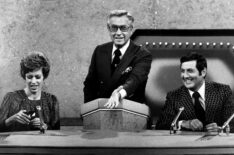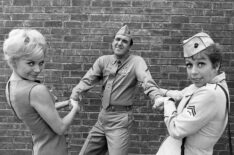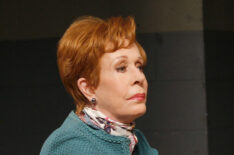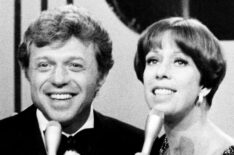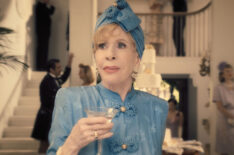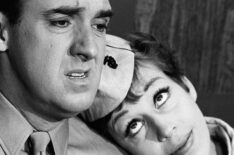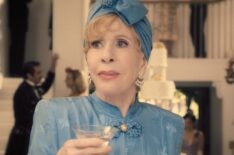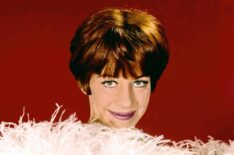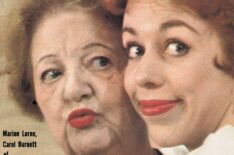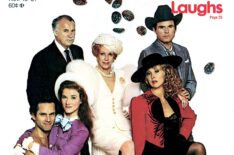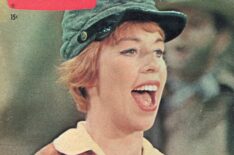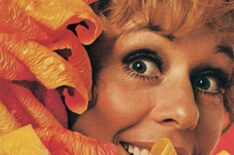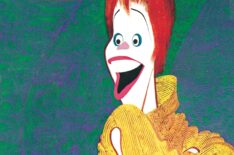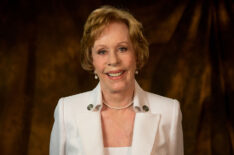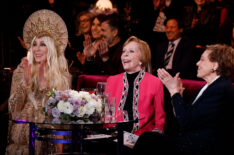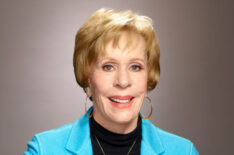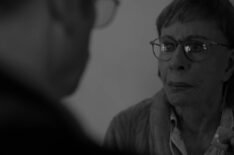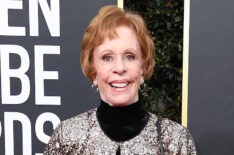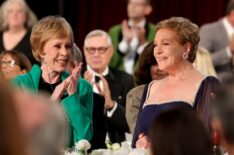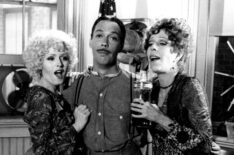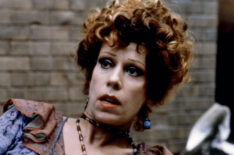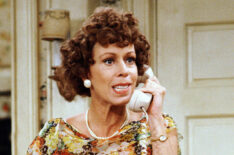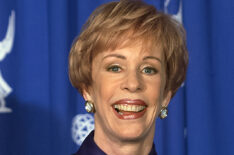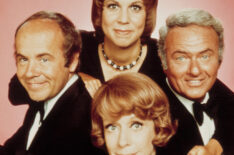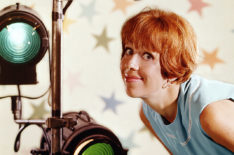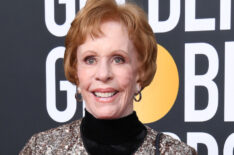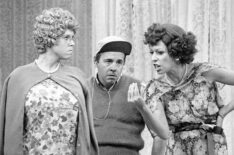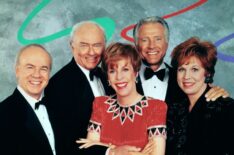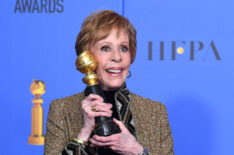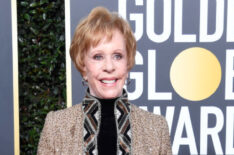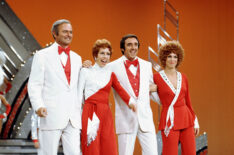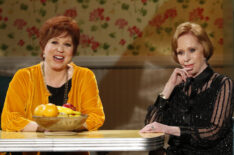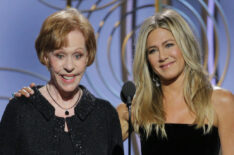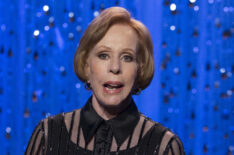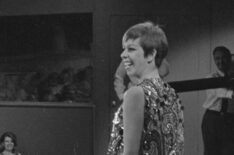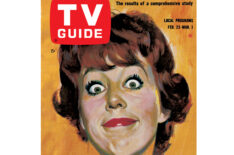Carol Burnett
Credits

The 76th Emmys: A Night of Firsts
Self
Show
2024

Palm RoyaleStream
Actor
Norma
Series
2024

Dick Van Dyke: 98 Years of MagicStream
Self
Special
2023

Carol Burnett: 90 Years of Laughter + Love
Executive Producer
Special
2023

Carol Burnett: 90 Years of Laughter + Love
Self
Special
2023

Celebrating Carol: The Gift of Laughter
Actor
Show
2023

Live with Kelly and MarkStream
Guest
Talk
2023

The Best of The Ed Sullivan Show
Self
Show
2023

The Carol Burnett Show
Actor
Show
2023

Karen Carpenter: Starving for PerfectionStream
Self
Movie
2023

Who's Talking to Chris Wallace?Stream
Guest
Talk
2022

A Tribute to Julie Andrews
Self
Special
2022

Betty White: A Celebration
Self
Show
2022

Mister Candid Camera
Self
Movie
2021

The Story of Soaps
Actor
Show
2020

The Plot Thickens
Actor
Show
2020

All Together NowStream
Actor
Joan
Movie
2020

The Kelly Clarkson ShowStream
Guest
Talk
2019

Scooby-Doo and Guess Who?Stream
Voice
Self
Series
2019

A Little Help With Carol BurnettStream
Executive Producer
Series
2018

A Little Help With Carol BurnettStream
Host
Series
2018

Signed, Sealed, Delivered: To the AltarStream
Actor
Ardis
Movie
2018

Access
Guest
Show
2017

Access Live
Guest
Show
2017

The Carol Burnett 50th Anniversary Special
Executive Producer
Show
2017

The Carol Burnett 50th Anniversary Special
Guest
Show
2017

STEVE on Watch
Guest
Talk
2017

Live with Kelly and Ryan
Guest
Talk
2017

The History of ComedyStream
Self
Docuseries
2017

Harry
Guest
Talk
2016

ChelseaStream
Guest
Talk
2016

Carol Burnett's Favorite Sketches
Host
Show
2016

The Late Show With Stephen ColbertStream
Guest
Talk
2015

The Late Late Show With James Corden
Guest
Talk
2015

Late Night With Seth MeyersStream
Guest
Talk
2014

The Tonight Show Starring Jimmy FallonStream
Guest
Talk
2014

Carol Burnett: The Mark Twain Prize
Guest
Show
2013
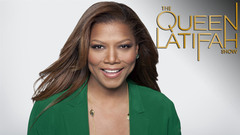
The Queen Latifah Show
Guest
Talk
2013

Method To The Madness Of Jerry Lewis
Actor
Show
2013

Anderson Live
Guest
Show
2012

Live! With Kelly and Michael
Guest
Talk
2012

Larry King NowStream
Guest
Talk
2012

Finding Your RootsStream
Guest
Reality
2012

CBS This Morning
Guest
Show
2012

LIVE with Kelly
Guest
Talk
2011

The Chew
Guest
Talk
2011

ConanStream
Guest
Talk
2010

The Talk
Guest
Talk
2010

Hawaii Five-0Stream
Guest Star
Series
2010

George Stroumboulopoulos Tonight
Guest
Show
2010

Access Hollywood Live
Guest
Show
2010

Hot in ClevelandStream
Guest Star
Penny
Series
2010

The Secret World of Arrietty
Voice
Hara
Movie
2010

ES.TV
Guest
Show
2009

Watch What Happens Live With Andy CohenStream
Guest
Talk
2009

GleeStream
Guest Star
Doris Sylvester
Series
2009

Post GradStream
Actor
Grandma
Movie
2009

Muppets 201: Rarities From the Henson Vault
Actor
Movie
2009

The Bonnie Hunt Show
Guest
Talk
2008

The DoctorsStream
Guest
Talk
2008

Dr. Seuss' Horton Hears a Who!Stream
Voice
Kangaroo
Movie
2008

Today With Kathie Lee & Hoda
Guest
Show
2007

Rachael Ray Show
Guest
Talk
2006

Curious GeorgeStream
Guest Voice
Series
2006

The Colbert Report
Guest
Talk
2005

Made in Hollywood
Guest
Series
2005

The Late Late Show With Craig Ferguson
Guest
Talk
2005

Once Upon a Mattress
Actor
Queen Aggravain
Movie
2005

Once Upon a Mattress
Executive Producer
Movie
2005
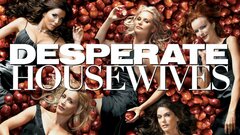
Desperate HousewivesStream
Guest Star
Eleanor Mason
Series
2004

The Insider
Guest
Show
2004

The Carol Burnett Show: Let's Bump Up the Lights
Executive Producer
Show
2004

Tavis Smiley
Guest
Talk
2004

The Ellen DeGeneres Show
Guest
Talk
2003

Jimmy Kimmel Live!Stream
Guest
Talk
2003

Live With Regis and Kelly
Guest
Show
2001

The Trumpet of the Swan
Voice
Mrs. Hammerbotham, Louie's Teacher
Movie
2001

Entertainment Studios.com
Guest
Show
2000

Law & Order: Special Victims UnitStream
Guest Star
Birdie Sulloway
Series
1999

Get Bruce!
Self
Movie
1999

The Marriage Fool
Actor
Florence
Movie
1998

The View
Guest
Talk
1997

Access Hollywood
Guest
News
1996

Women of the HouseStream
Guest Star
Series
1995

Touched by an AngelStream
Guest Star
Series
1994

Extra
Guest
News
1994

Inside the Actors Studio
Guest
Talk
1994

Seasons of the Heart
Actor
Vivian Levinson
Movie
1994

Mad About YouStream
Guest Star
Theresa Stemple
Series
1992

The Larry Sanders ShowStream
Guest Star
Series
1992

The Tonight Show With Jay Leno
Guest
Talk
1992

Noises Off
Actor
Dotty Otley/Mrs. Clackett
Movie
1992

The Very Best of the Ed Sullivan Show
Host
Show
1991

The Very Best of the Ed Sullivan Show
Host
Show
1991
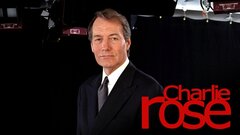
Charlie RoseStream
Guest
Talk
1991

42nd Annual Primetime Emmy Awards Presentation
Actor
Show
1990

Carol & Company
Actor
Show
1990

Hostage
Actor
Martha
Movie
1988

Bonnie Lee en cavale
Actor
Movie
1988

Super Dave
Guest
Show
1987

Super Dave
Guest Star
Herself
Show
1987

HBO Storybook MusicalsStream
Narrator
Series
1987

Plaza Suite
Actor
Karen Nash/Muriel Tate/Norma Hubley
Movie
1987

Fresno
Actor
Charlotte Kensington
Miniseries
1986

The Oprah Winfrey Show
Guest
Talk
1986

The Laundromat
Actor
Alberta Johnson
Movie
1985

Jeopardy!Stream
Contestant
Game Show
1984

The Kennedy Center Honors: A Celebration of the Performing Arts
Self
Show
1983
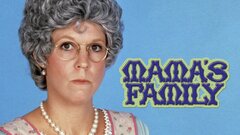
Mama's FamilyStream
Actor
Series
1983

Between Friends
Actor
Mary Catherine Castelli
Movie
1983
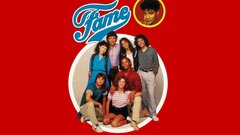
Fame
Guest Star
Series
1982

Beatrice: una Vida
Actor
Movie
1982

Life of the Party: The Story of Beatrice
Actor
Beatrice O'Reilly
Movie
1982

AnnieStream
Actor
Miss Hannigan
Movie
1982

Eunice
Actor
Eunice
Movie
1982

Entertainment Tonight
Guest
News
1981

A Lincoln Center Special: Beverly! Her Farewell Performance
Actor
Show
1981

Chu Chu and the Philly Flash
Actor
Emily
Movie
1981

Chu Chu y Philly Flash
Actor
Movie
1981
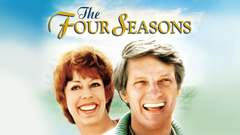
The Four SeasonsStream
Actor
Kate Burroughs
Movie
1981

Emilie et Flash Inc.
Actor
Movie
1981

Magnum, P.I.Stream
Guest Star
Susan Johnson
Series
1980

H.E.A.L.T.H.
Actor
Gloria Burbank
Movie
1980

CBS News Sunday Morning
Guest
News
1979

Password Plus
Guest
Game Show
1979

Fuego Amistoso
Actor
Movie
1979
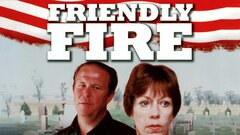
Friendly FireStream
Actor
Peg Mullen
Movie
1979

The Tenth Month
Actor
Dori Grey
Movie
1979

20/20Stream
Guest
News
1978
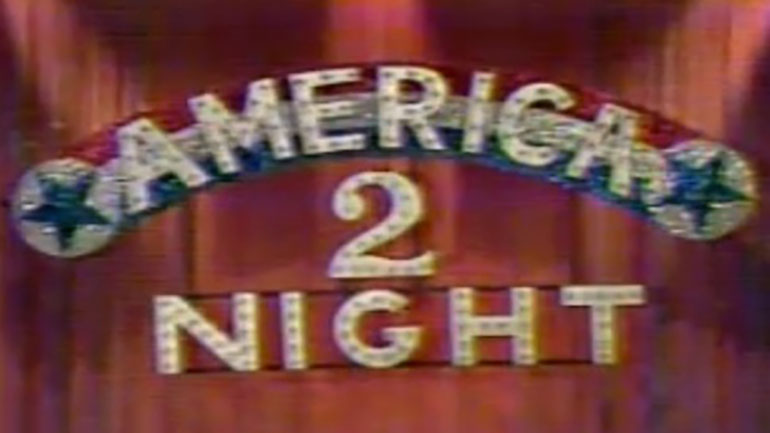
America 2-Night
Guest Star
Series
1978

The Grass Is Always Greener Over the Septic Tank
Actor
Dorothy Benson
Movie
1978

A Wedding
Actor
Tulip Brenner
Movie
1978

CBS Salutes Lucy: The First 25 Years
Guest
Show
1976

Dick Van Dyke & Company
Guest
Show
1976

Good Morning America
Guest
News
1975

The Front Page
Actor
Mollie Malloy
Movie
1974

Great PerformancesStream
Guest
Franchise
1972

Pete 'n' Tillie
Actor
Tillie
Movie
1972

Julie and Carol at Lincoln Center
Actor
Show
1971

All My ChildrenStream
Guest Star
Soap
1970

Bing Crosby and Carol Burnett: Together Again for the First Time
Self
Show
1969

Sesame StreetStream
Guest
Series
1969

The Jim Nabors Hour
Guest
Show
1969

Carol Channing Proudly Presents the Seven Deadly Sins
Actor
guest
Show
1969

Girlfriends and Nabors
Actor
guest
Show
1968
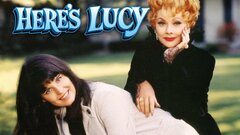
Here's LucyStream
Guest Star
Series
1968

The Dick Cavett ShowStream
Guest
Talk
1968
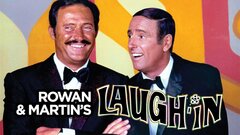
Rowan & Martin's Laugh-InStream
Guest
Variety Show
1968
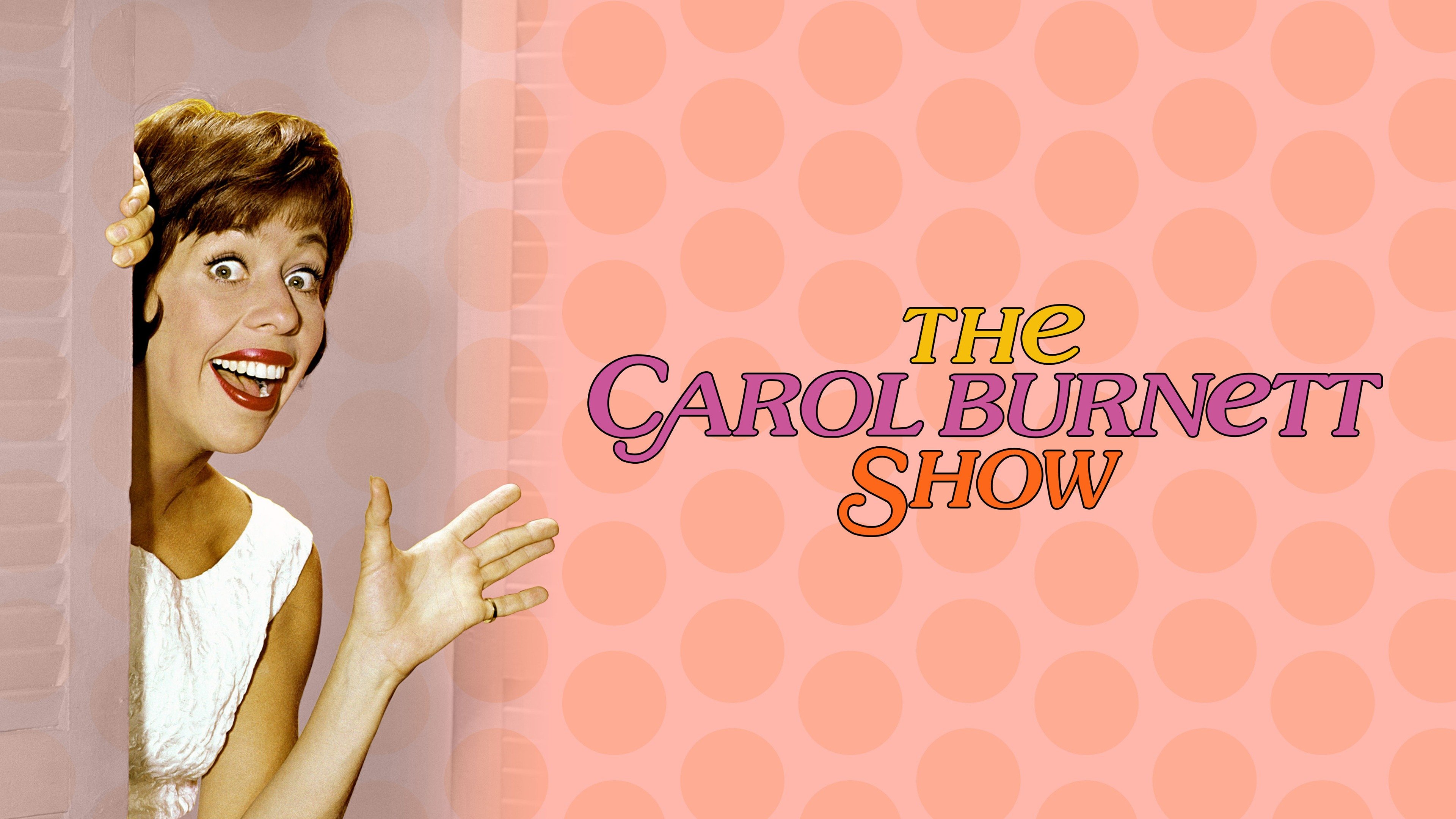
The Carol Burnett ShowStream
Actor
Variety Show
1967

Carol + 2
Actor
Show
1967

Get SmartStream
Guest Star
Series
1965

The Entertainers
Actor
Show
1964
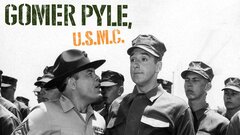
Gomer Pyle, U.S.M.C.Stream
Guest Star
Sgt. Carol
Series
1964

Calamity Jane
Actor
Calamity Jane
Show
1963

An Evening With Carol Burnett
Self
Show
1963
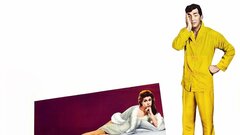
Who's Been Sleeping in My Bed?
Actor
Stella Irving
Movie
1963
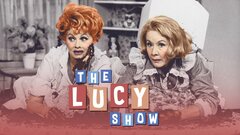
The Lucy ShowStream
Guest Star
Series
1962
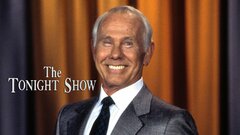
The Tonight Show Starring Johnny CarsonStream
Guest
Talk
1962

Julie and Carol at Carnegie Hall
Actor
Show
1962

American Cowboy
Self
Show
1960
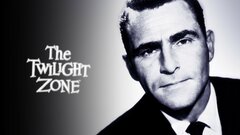
The Twilight ZoneStream
Actor
Agnes Grep
Series
1959
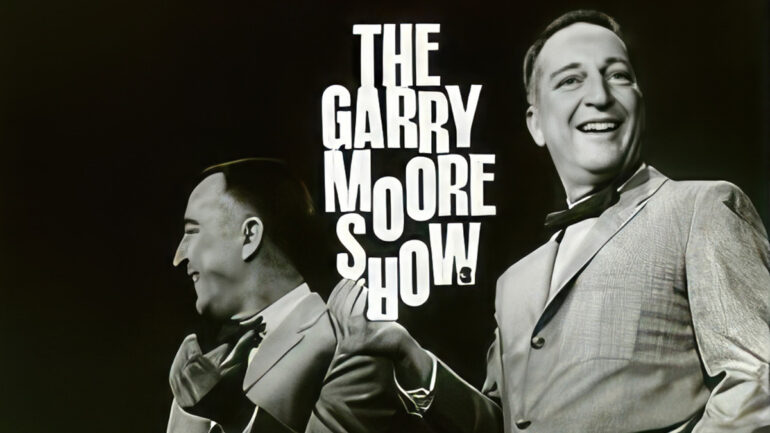
The Garry Moore Show
Actor
Variety Show
1958

The Arlene Francis Show
Actor
Show
1957

Stanley
Actor
Celia
Show
1956

I've Got a SecretStream
Guest
Game Show
1952

TodayStream
Guest
News
1952

What's My Line?Stream
Guest
Game Show
1950
News aboutCarol Burnett
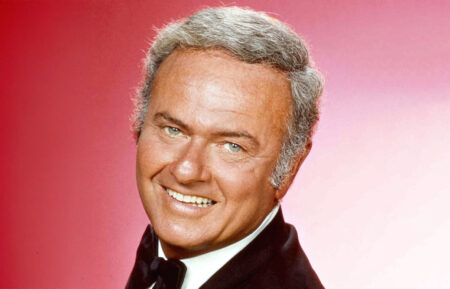
Harvey Korman’s Son Chris Shares a Rare Glimpse Into His Father’s Legacy (Exclusive)
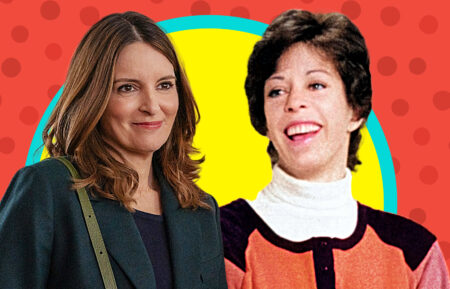
How is Tina Fey’s ‘The Four Seasons’ Different From the 1981 Carol Burnett Original?

Where Can You Watch the Original ‘Four Seasons,’ the 1981 Film That Inspired the New Tina Fey Series?
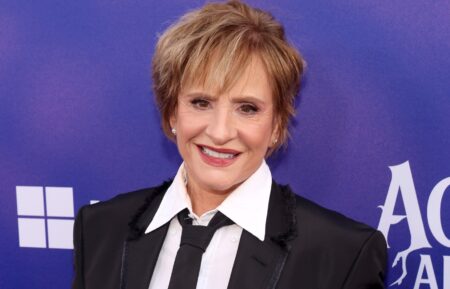
‘Palm Royale’: Patti Lupone Joins the Season 2 Ensemble & Everything We Know So Far
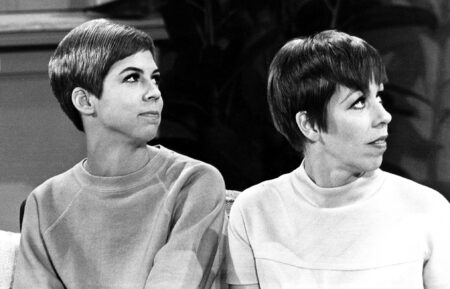
‘Palm Royale’: Will Carol Burnett Reunite With Vicki Lawrence for Season 2?
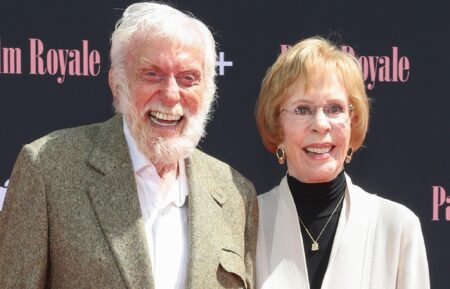
Carol Burnett & Dick Van Dyke Reunite For Special Honor
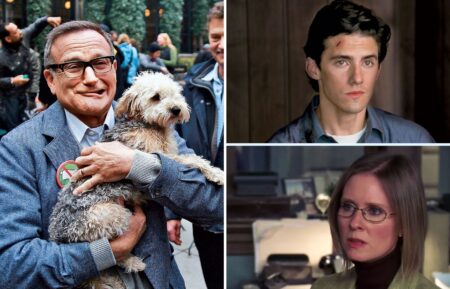
‘Law & Order: SVU’: Our 31 Favorite Celebrity Guests (So Far)
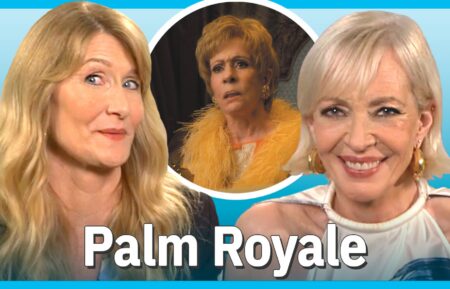
Preview
‘Palm Royale’ Stars Laura Dern, Allison Janney & More on Joys of Working With Carol Burnett (VIDEO)
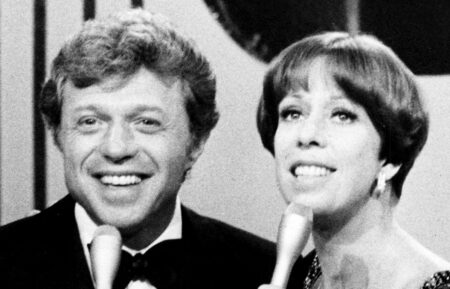
Carol Burnett Pays Touching Tribute to Long-Time Friend Steve Lawrence

‘Palm Royale’: See Carol Burnett, Laura Dern & More in Our Studio Ahead of Premiere (PHOTOS)
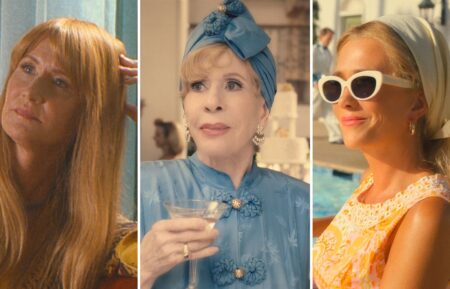
‘Palm Royale’ Trailer: Kristen Wiig, Laura Dern, Carol Burnett & More Have Big Secrets (VIDEO)
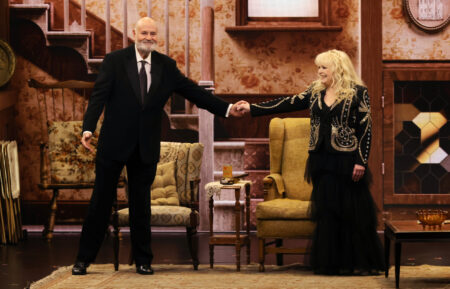
Critic’s Notebook: Celebrating TV at the 75th Emmys
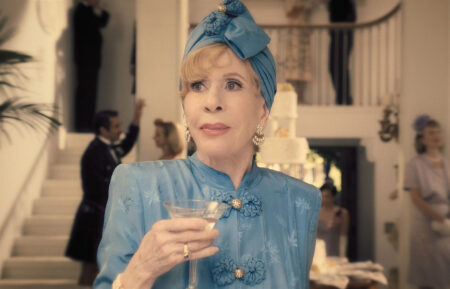
Preview
‘Palm Royale’: Carol Burnett Teases She Knows Everyone’s Secrets in Apple TV+ Series
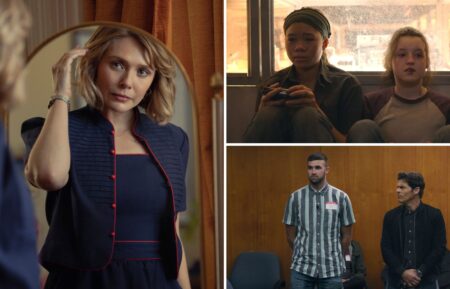
Emmys
Emmys Snubs & Surprises: ‘Jury Duty,’ ‘The Last of Us’ Guests, Elizabeth Olsen & More
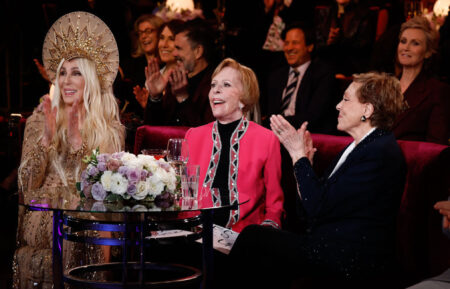
Spoiler Alert
How Carol Burnett’s ‘Unbelievable’ Memory Helped Bring ’90 Years of Laughter + Love’ to Life
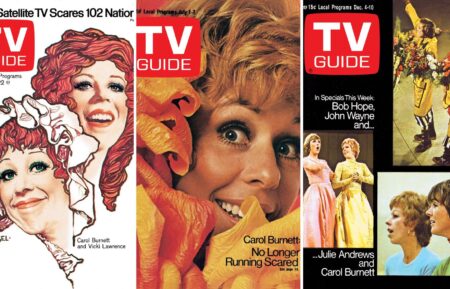
Carol Burnett Turns 90: See Her TV Guide Magazine Covers Through the Years (PHOTOS)
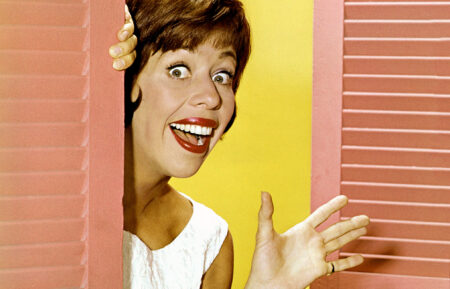
Preview
Carol Burnett Takes Us Behind the Scenes of Her 90th Birthday Bash
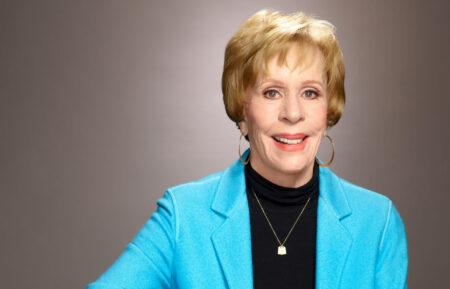
Carol Burnett 90th Birthday Special With Star-Studded Guests Coming to NBC
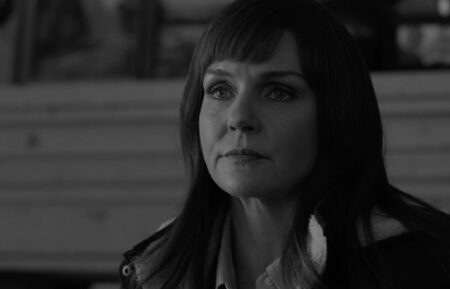
Spoiler Alert
‘Better Call Saul’: Kim Lets Go & Gene Pushes the Limits in ‘Waterworks’ (RECAP)
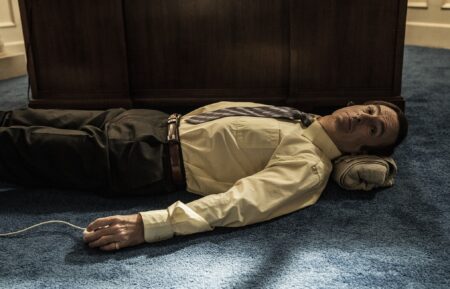
Spoiler Alert
‘Better Call Saul’: Gene Reflects on the Past in ‘Breaking Bad’ (RECAP)
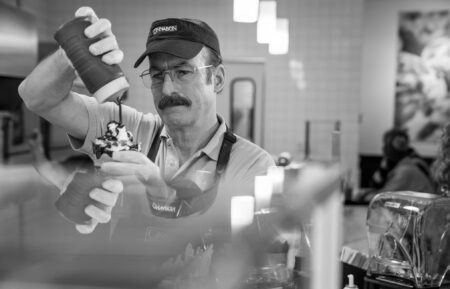
Spoiler Alert
‘Better Call Saul’: Gene Pulls Off a Black-and-White Scheme in ‘Nippy’ (RECAP)
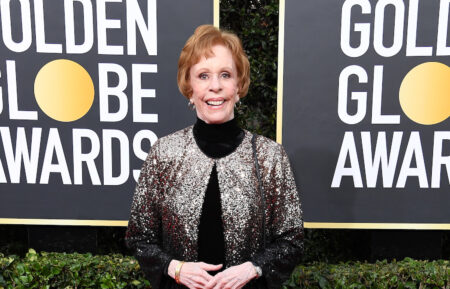
‘Better Call Saul’: Carol Burnett to Guest Star in Final Season

‘The Carol Burnett Show’ Is Coming to TV! Rewatch the Classic on Decades
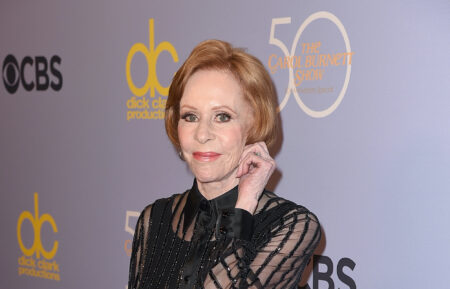
Carol Burnett Joins ‘Mrs. American Pie’ as Series Regular at Apple TV+
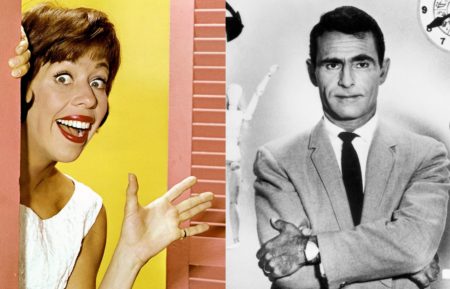
Exclusive
Celebrate the Holidays with Decades’ ‘Carol Burnett’ & ‘Twilight Zone’ Marathons

See How the ‘Annie Live!’ Cast Stacks Up Against Their Predecessors (PHOTOS)

13 Stars Who Appeared on ‘All My Children,’ Which Ended on ABC 10 Years Ago
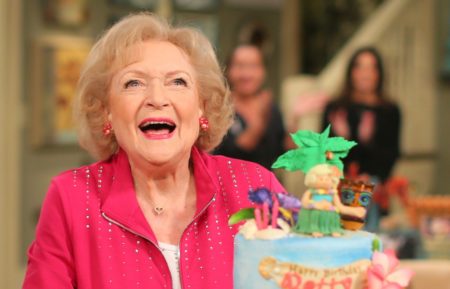
It’s Betty White’s 99th Birthday & to Celebrate, Here Are 10 TV Moments We Love

15 ‘Hawaii Five-0’ Guest Stars You May Have Forgotten
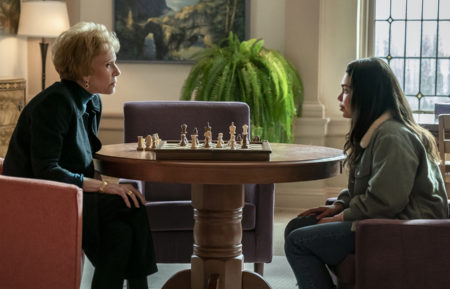
Preview
How Netflix’s ‘All Together Now’ Lured Carol Burnett to Netflix

Preview
Auli’i Cravalho on Working with a Cranky Carol Burnett in ‘All Together Now’ (VIDEO)
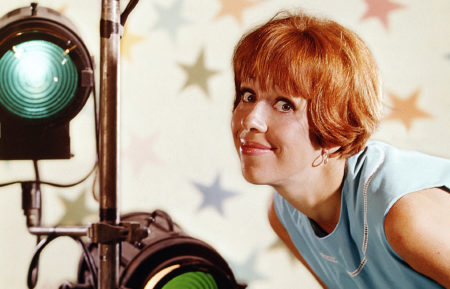
Q&A
Carol Burnett Remembers ‘The Carol Burnett Show’ as It Heads to Streaming
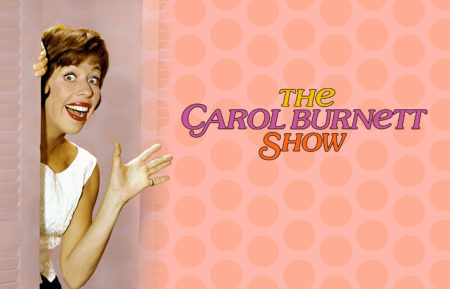
‘The Carol Burnett Show’ Heads to Streaming — Celebrate With a 2-Day Marathon

The Paley Center Announces ‘A Special Tribute to Television’s Comedy Legends’
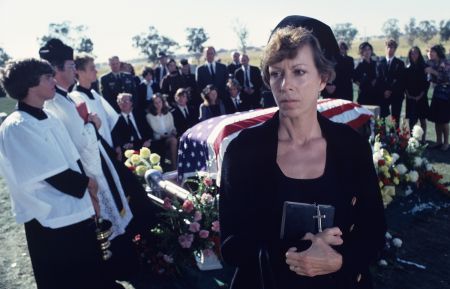
Q&A
‘Friendly Fire’: Carol Burnett Looks Back on the Role That Changed Her Career
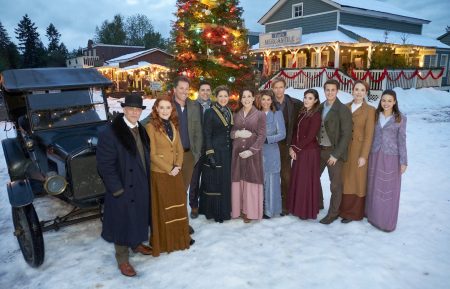
Worth Watching: ‘Call the Midwife,’ ‘When Calls the Heart,’ a Christmas Carol (Burnett)
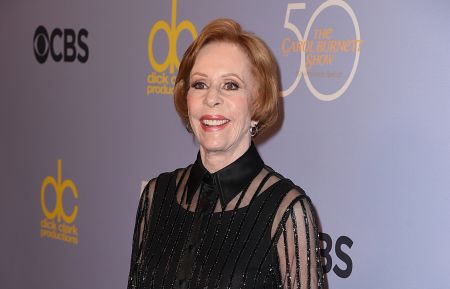
Carol Burnett to Receive Golden Globe Achievement Award — Her Best TV Moments (VIDEO)
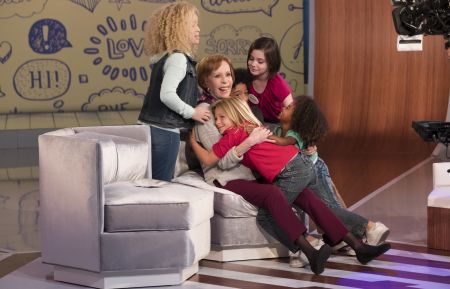
Carol Burnett’s New Netflix Series Will Melt Your Heart
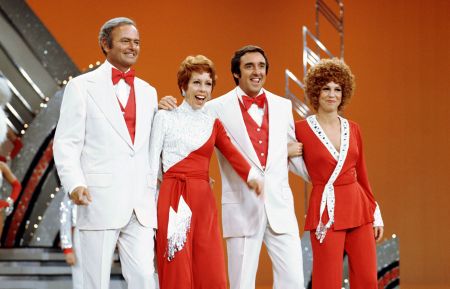
Carol Burnett on Her Anniversary Special: ‘I Can’t Believe 50 Years Have Passed’
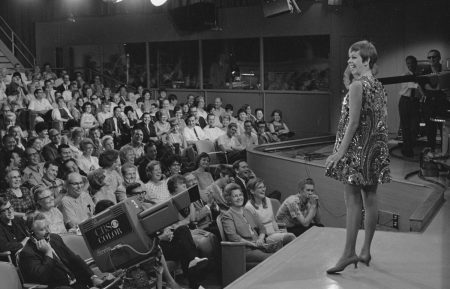
MeTV, CBS Plan Celebrations for ‘The Carol Burnett Show’ 50th Anniversary
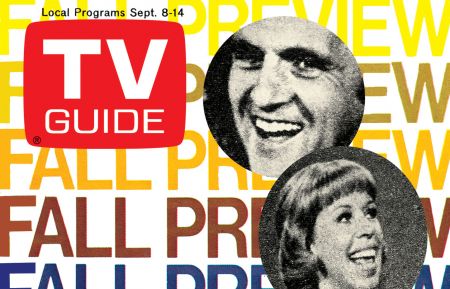
Fall Preview
Fall Flashback: Was Autumn 1973 the Best TV Lineup of All Time?
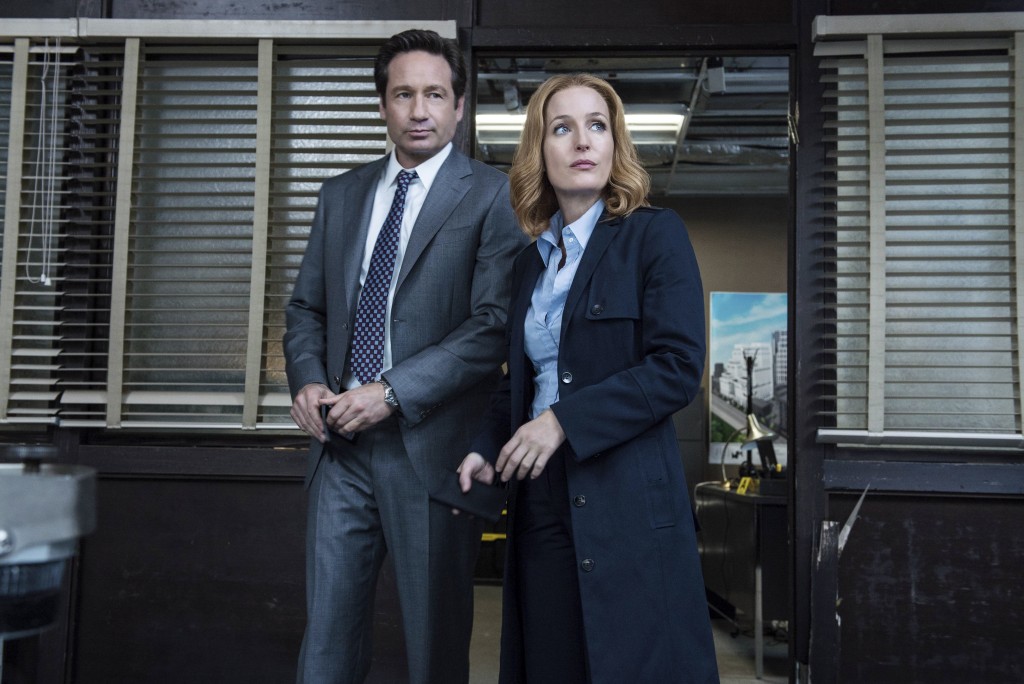
Ask Matt: Re-opening ‘The X-Files’, Plus: ‘So You Think You Can Dance’ Messes With Format, ‘Heroes Reborn’ and More
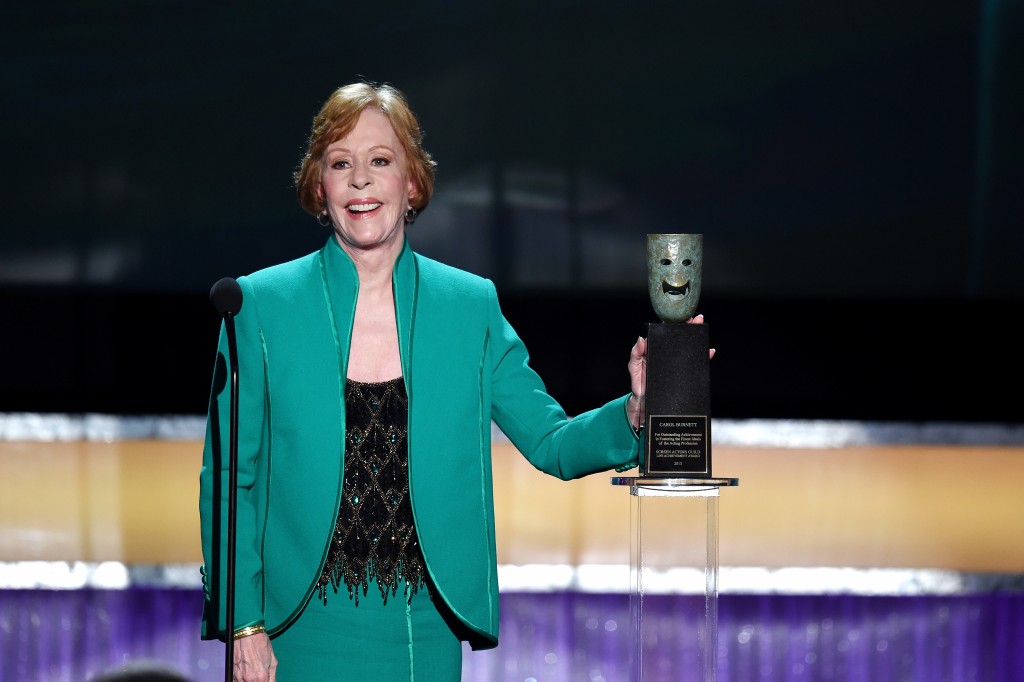
Carol Burnett ‘Would Like to See Cleverness Come Back’ to TV Comedy
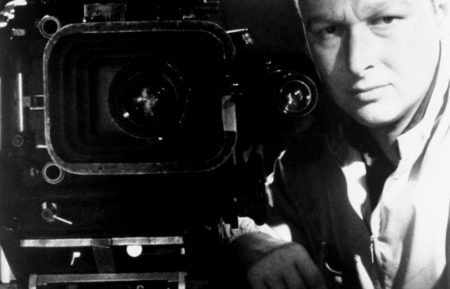
What’s Worth Watching: Mike Nichols, the SAG Awards, Zombie Houses and More TV for Friday and Saturday, Jan. 29-30
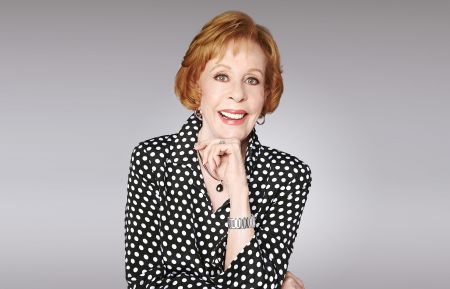
Why Carol Burnett Is Nervous About Her ‘Life Achievement’ Honor at the SAG Awards
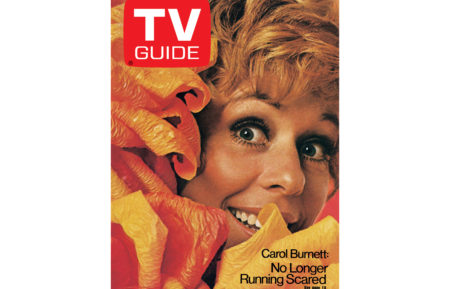
14 Ways ‘TV Guide Magazine’ Loves Carol Burnett (PHOTOS)
